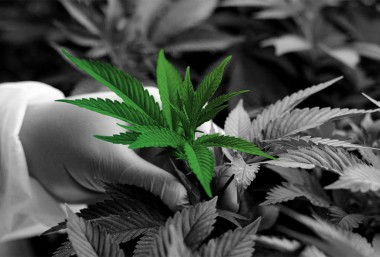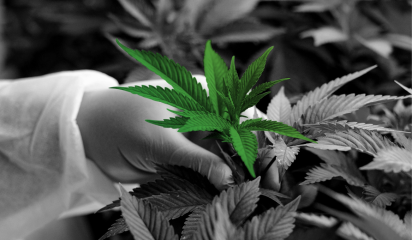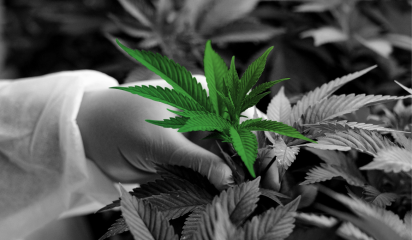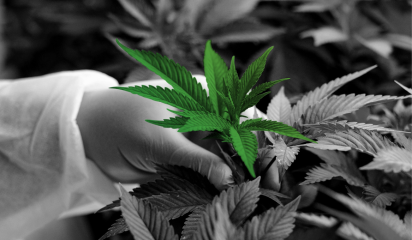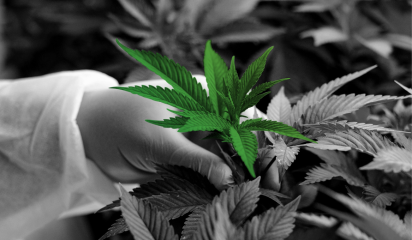The Misuse of Drugs (Medicinal Cannabis) Regulations 2019 came into effect from 1 April 2020. These regulations establish a scheme for licencing certain activities involving medicinal cannabis and a new government agency, the Medicinal Cannabis Agency, to administer the scheme. Six months on, we look at how the scheme has worked so far.
Applications for a medicinal cannabis licence
Activities that may be licenced under the medicinal cannabis scheme are cultivation, nursery, research, possession for manufacture and/or supply of cannabis products. These licences are granted by the Medicinal Cannabis Agency.
In the first six months of the medicinal cannabis scheme, the Medicinal Cannabis Agency has received 58 applications for medicinal cannabis licenses. Most of the applications were for cultivation, followed by supply activities. There have been very few applications for research and nursery licences. From these applications, 12 licences have been issued covering cultivation, possession for manufacture and/or supply.
Cannabis products for supply must also undergo a product assessment to verify the product meets the medicinal cannabis minimum quality standard or is exempt from meeting the standard. There have been eight product assessment applications, but none have been granted yet.
Applications may be delayed if not completed correctly
While no applications have been declined outright, some common issues have delayed applications:
- Site issues. Medicinal cannabis licences authorise an activity at a specific location. The licence will not be granted until the Medicinal Cannabis Agency has verified the specified location, which includes an on-site inspection. As a result, an application may be delayed if the applicant does not have a suitable location ready when making the application.
- Insufficient evidence of supply agreement. In some circumstances, an application for a cultivation licence requires evidence of a supply agreement with a buyer. A letter of intent for a supply agreement is enough when filing the application. However, the applicant must provide a contingency plan for unsold product, eg, a plan for destroying or securely storing the product. The Medicinal Cannabis Agency may investigate the supply arrangements further when the cannabis product is harvested.
- Forms not completed correctly. Some applications have required multiple changes after submission. A common issue is applications filed with incomplete Ministry of Justice forms authorising criminal conviction checks to be carried out on the responsible persons.
What is on the horizon for the medicinal cannabis scheme?
Following the recent referendum result against the legalisation of recreational cannabis in New Zealand, it is unlikely there will be monumental reform of cannabis legislation. Instead, we expect the government will tinker with the existing medicinal cannabis scheme. Some aspects of the scheme that are likely to be reviewed, or have already been changed, include the following:
The transitional period in which a medicinal cannabis product that has already been imported into New Zealand may continue to be imported without a product assessment has been extended to 31 March 2021. This change is to ensure patients will have continued access to existing medicinal cannabis products while the product assessment is being completed. The Medicinal Cannabis Agency strongly recommends product assessment applications are submitted by 30 November 2020 to ensure the assessment is completed before the transitional period expires in March 2021.
The Misuse of Drugs (Medicinal Cannabis) Regulations 2019 reclassified cannabidiol (CBD) products from a controlled drug to a prescription medicine. This change was intended to provide an easier pathway for licencing CBD products. In practice, however, the reclassification of CBD products means there are two separate medicinal cannabis regimes and they can sometimes run out of sync with each other. This is one area we expect will be modified upon review.
Another issue is that there are some operational procedures that do not align with the regulations. For example, there is a gap in the regulations relating to pesticides. Cannabis products may only be treated with a pesticide registered under the Agricultural Compounds and Veterinary Medicines Act 1997 for use on cannabis. However, there are currently no pesticides that have been approved for that use, which creates problems for applicants.
Early experiences with the medicinal cannabis scheme highlight the challenges applicants face obtaining a licence to carry out activities with medicinal cannabis. If you need any help or advice on navigating the medicinal licence scheme, please contact us.
